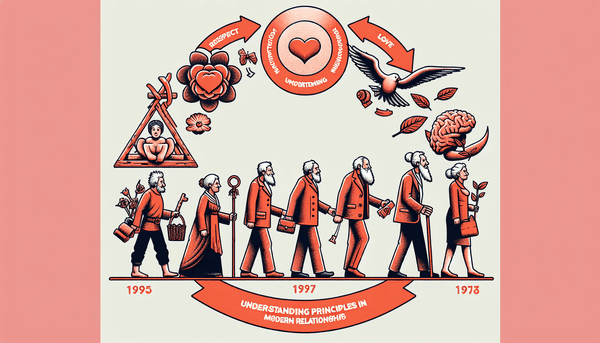Smoking and the Bible
While the Bible does not mention smoking specifically, as it was not a known practice at the time the texts were written, we can still derive wisdom from Scripture regarding this habit. For instance, 1 Corinthians 6:19-20 speaks to the idea that our bodies are temples of the Holy Spirit, a reminder to treat ourselves with respect and care. This concept suggests that anything potentially harmful, such as smoking, deserves careful consideration. Furthermore, Romans 14:13-21 urges us not to cause others to stumble by our actions, implying that we should be mindful of how our habits, like smoking, may affect those around us. Balancing our liberties with the impact on our community aligns with the biblical principle of love for our neighbor. As we seek to honor God with our bodies and consider the well-being of others, the decision of whether to smoke becomes not just a personal choice, but a spiritual and communal one.
The Biblical View on Swearing
In Matthew 5:34, Jesus instructs His followers to avoid swearing oaths, teaching instead to simply let their 'yes' be 'yes,' and their 'no,' 'no.' This teaching is echoed by James, who in James 5:12 advises believers to avoid swearing by heaven or earth or making any other kind of oath. These passages highlight the importance of honesty and integrity in communication. The Bible emphasizes that our speech should be trustworthy on its own, negating the need for oaths to bolster our words. Ephesians 4:25 advocates for speaking truthfully to our neighbors, which fosters a community of trust and openness. By embracing these biblical principles, Christians are called to a higher standard of speech that reflects the truth and love of Christ in every word spoken.
Understanding Sin in the Christian Life
Sin, as defined in 1 John 3:4, is lawlessness, an act of rebellion against God's will and commandments. Romans 6:23 starkly reminds us that the wages of sin is death, highlighting the grave consequences of our transgressions. Yet, the same passage offers hope in the gift of eternal life through Christ Jesus our Lord. The Bible does not shy away from the reality of sin and its impact, as Isaiah 59:2 outlines how our iniquities have separated us from God. However, it also presents a path to reconciliation through the grace and mercy of Jesus Christ. Ephesians 2:8-9 reassures us that it is by grace we have been saved, through faith, and not from ourselves—it is the gift of God. This message of redemption is central to the Christian faith, encouraging believers to turn from sin and embrace the forgiveness and new life offered in Christ.
Conclusion
In this exploration of biblical perspectives on contemporary issues such as smoking, dietary habits, swearing, and sin, we have seen that while the Bible may not address these specific practices directly, it provides us with timeless principles to guide our decisions. By considering our bodies as temples of the Holy Spirit, embracing the freedom and responsibility given to us in Christ, and committing to honesty in our speech, we can navigate the complexities of modern living in a way that honors God. Moreover, understanding the fear of the Lord and the pursuit of knowledge can deepen our discernment as we apply biblical teachings to every aspect of our lives, striving to be a reflection of God's love and truth in the world. May we continue to seek wisdom through the Holy Spirit, acknowledging the redemptive work of Jesus for our sins.






